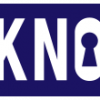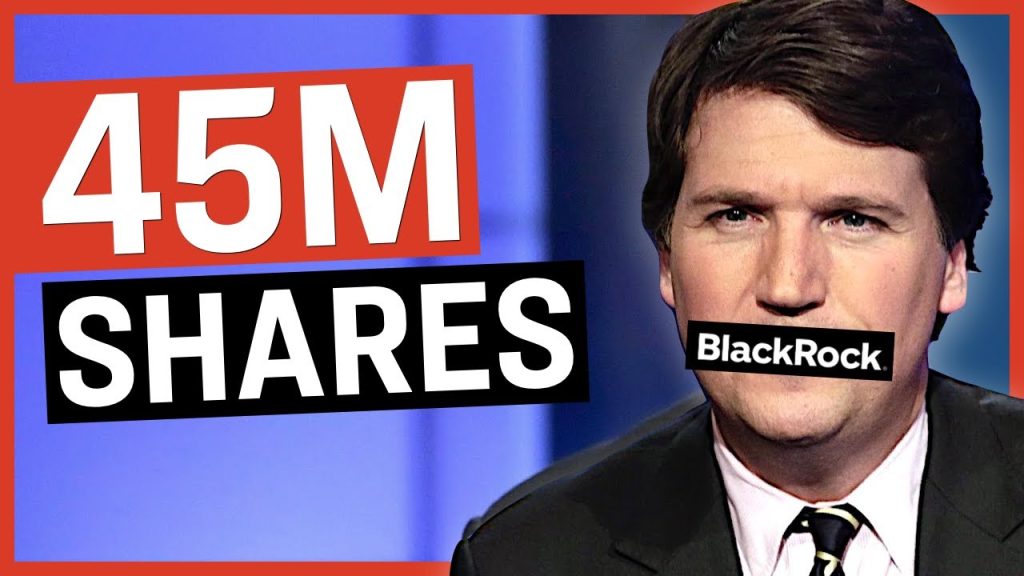Why would Fox fire their number one host, who brought in 3.5 million viewers every single night?
Rumors have flown and speculations have varied. CNN’s Reliable Sources newsletter suggested that Fox fired Tucker because major advertisers refused to advertise on his show. Bloomberg argued that Tucker was fired because of his text messages. The super-woke LA Times published a story saying that Tucker’s exit was directly related to the discrimination lawsuit that was filed by a female producer last month – a woman who has never actually met him.
Roman Balmakov from The Epoch Times believes that Forbes Magazine was probably closest to the mark, when they said the reason Tucker was let go was because of his constant railing against the ESG agenda promoted by the United Nations, the world Economic Forum and by large institutional investors, like BlackRock, which owns a large stake in Fox Corporation.
Publicly-traded companies are given an ESG score (Environmental Social and Governance) based upon how many women and minorities they have on their board, whether or not they promote the LGBTQ+ agenda, whether or not they are acting to be carbon neutral in their supply chain, etc.
This is what social critic James Lindsay calls “American Maoism”.
ESG scores have come to determine how much investment capital a company can have access to, because the large institutional investors now use these ESG scores as their metric for whether or not to invest in a particular company.
So, while Tucker might have been great for ratings, his overall negative impact to Fox Corporation’s ESG score might have outweighed the earnings that he brought in and made him an ESG liability.
BlackRock is Fox’s largest shareholder, with more than 45 million shares of Fox corporate Class A stock or about 15.4% of all the shares, for a total of $1.5 billion dollars. Next, is the mutual fund, Dodge and Cox with 13%, then Vanguard with about 11%. All three of these institutional investors are onboard with ESG and they own 40% of Fox’s Class A stock.
However, as Roman explains, Rupert Murdoch set up Fox Corporation as a dual class stock, with two share classes, consisting of Class A and Class B shares. The Class A shares offered to the general public have no voting rights while the Class B shares offered to company founders, executives and family members have all the voting rights.
The Murdoch family has thus been able to keep tight control over the company, while being able to raise capital from the markets. In short, these large institutional investors would not be able to vote out Tucker Carlson, because the Murdoch family has too much voting power. Still, this doesn’t mean that the Murdochs wouldn’t have to appease these institutional investors who control 40% of their Class A stock.
Roman then brings on Kevin Stocklin, a former Wall Street banker and producer of The Epoch Times’ documentary, ‘The Shadow State’, which exposes the entire ESG agenda. Kevin says the adherence to ESG by Disney, Coca-Cola, Anheuser-Busch and now Fox has alienated their customers and brought massive losses to these corporations and that CEOs are increasingly having to make decisions between what’s good for the bottom line and what’s good for their shareholders versus what the ESG movement wants.


